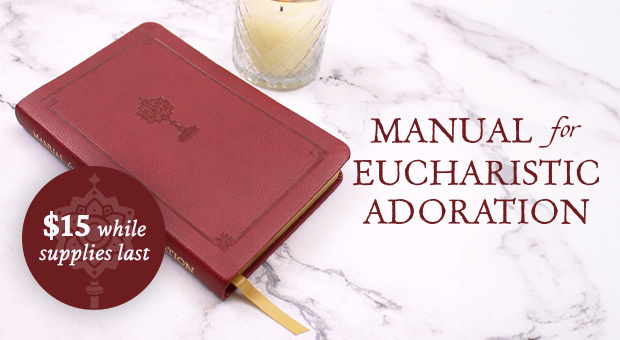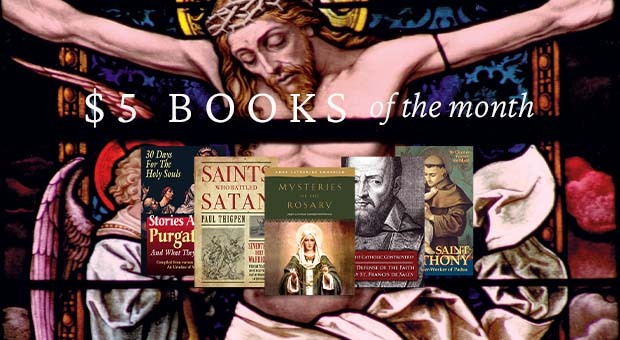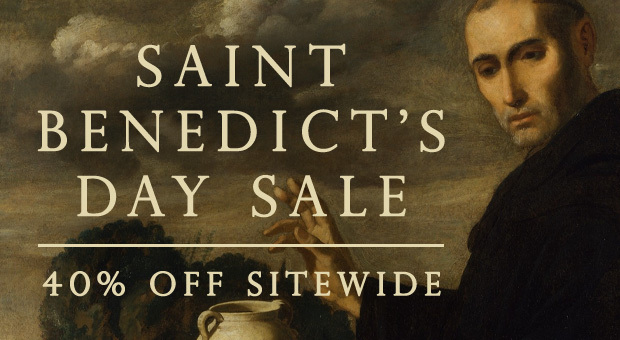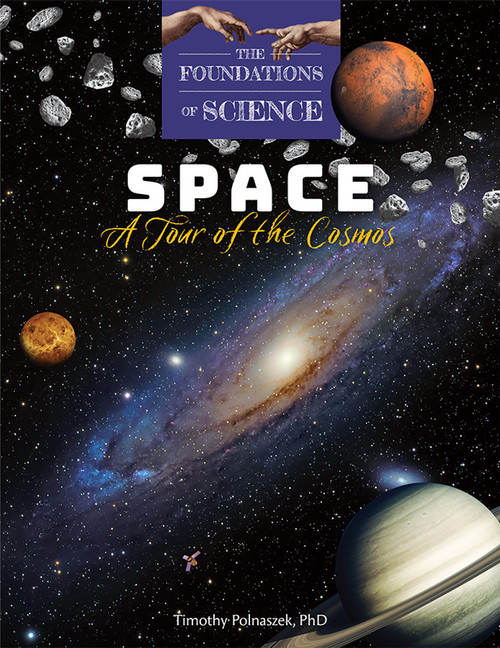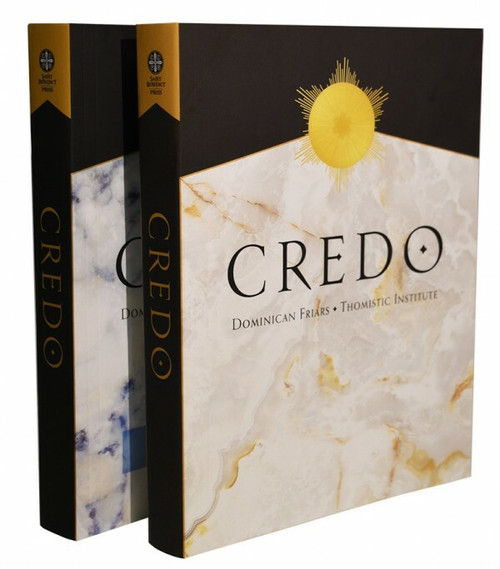In addition to the doctrinal and theological history of the Catholic faith, it is essential that we add the history of Christian spirituality - namely, the very way that Christians have made their personal response to the God who reveals Himself to His people through Jesus Christ. This course surveys important spiritual movements, the rich diversity of spiritual insight that has marked the history of Christianity starting from the early Desert Fathers, the founding of the great religious orders, Christian mysticism, 19th and 20th century Catholic spiritual contributions, and more. In taking a look at the history of Christian spirituality in this way, one ultimately comes to a deeper understanding of man’s proper relation to God, and how he ought to respond to God’s love.
The Uniqueness of Christian Spirituality
The primary truth of Christian spirituality is that God entered his world personally—as John’s Gospel, chapter 1: 14 states: “The Word became flesh and dwelt among us.” God crowns creation with his personal, physical presence, pouring himself out in a new covenant whereby he has forever united himself to the human race. In the Incarnation of the Word, the Catholic focus on the material world is vindicated against all those ancient and modern pessimisms that seek to denigrate the dignity of man on one side, or remove God from the world of men on the other. It is only Christian spirituality that safeguards the truth about man and God, since together they are united in a freedom of grace by which the world is saved.
The History of Christian Spirituality
A study of the history of Christian spirituality reveals that the Christian quest for holiness and perfection is marked by certain principles and characteristics. The early Christians, unlike Christians of today, did not accommodate the faith to the age. The early Christians converted out of a culture and they lived in contrast to it. The life of the earliest Christians was liturgical, especially in the sense that, as today, it centered on the Eucharist—the public worship of the Church, done in obedience to Christ’s command to the Apostles at the Last Supper: “Do this in remembrance of me.” The social dimension of Christian life is seen in the earliest Christians, who lived in community. According to the Acts of the Apostles, Christians held all their possessions in common and distributed “to everyone according to his need” (Acts 4:35).
A Path for Everyone
Perhaps the greatest truth about the achievement of Christian holiness is that it is open to all who wish to travel its path. It is not reserved for the few, but is meant for the many. One of the greatest voices in the history of Christian spirituality, St. Bernard of Clairvaux, believed that man’s own free will was the key to the Christian life and thus perhaps we should take his words to heart: “No one can be perfect who does not desire to be more perfect, and he shows himself to be more perfect in the measure that he aspires to be more perfect.”
Lectures
- The Bond Between God and Man
- Journeying Back to God
- Learning Detachment
- Learning from the Benedictine Tradition
- Learning from the Franciscan Tradition
- Learning to Pray
- Learning from the Carmelites
- True Christian Piety
Lecture Sample
Meet Your Professor
Professor Monica Miller holds a Bachelor’s Degree in Theatre from Southern Illinois
University, a Master’s Degree in Theology from Loyola University in Chicago and has earned her doctorate in Theology from Marquette University in Milwaukee. Her area of study is Systematic Theology with a secondary interest in Catholic Moral Theology. She began teaching theology at a college level in 1987 and has taught as a full-time professor at Madonna University since 2003.
Dr. Miller teaches a wide variety of courses in Madonna’s Religious Studies program, from basic introductory courses to the advanced classes within the Theology curriculum, including Introduction to Catholicism, The New Testament-Four Gospels, Christian Worship, Church History, Christian Spirituality, Ecclesiology and Christology. She also teaches several courses in the Pastoral Ministry major as well as graduate courses in the Master’s of Pastoral Ministry.
Her scholarly areas of interest lie primarily in Ecclesiology, Sacraments and Liturgy, Christian Spirituality and Moral Theology.
Her book publications include, Sexuality and Authority in the Catholic Church, The Authority of Women in the Catholic Church, The Theology of the Passion of the Christ, and Abandoned—The Untold Story of the Abortion Wars.
Professor Miller’s articles have appeared in a number of publications, including, The National Catholic Register, New Oxford Review, Crisis Magazine, First Things, This Rock Magazine, Homiletic and Pastoral Review, and the New Catholic Encyclopedia.
Professor Miller is also a nationally known leader in the right-to-life movement. She is the founder and director of Citizens for a Pro-Life Society.
Homeschooling Products
The Homeschooling Set includes the Streaming Video and Homeschooling Course Guide. Each Course Guide contains everything needed for a student to complete the course, including:
- Lesson Plan
- Quizzes
- Final Essay
- Lecture Notes
- Answer Key
- Product Format:
- Streaming Video
